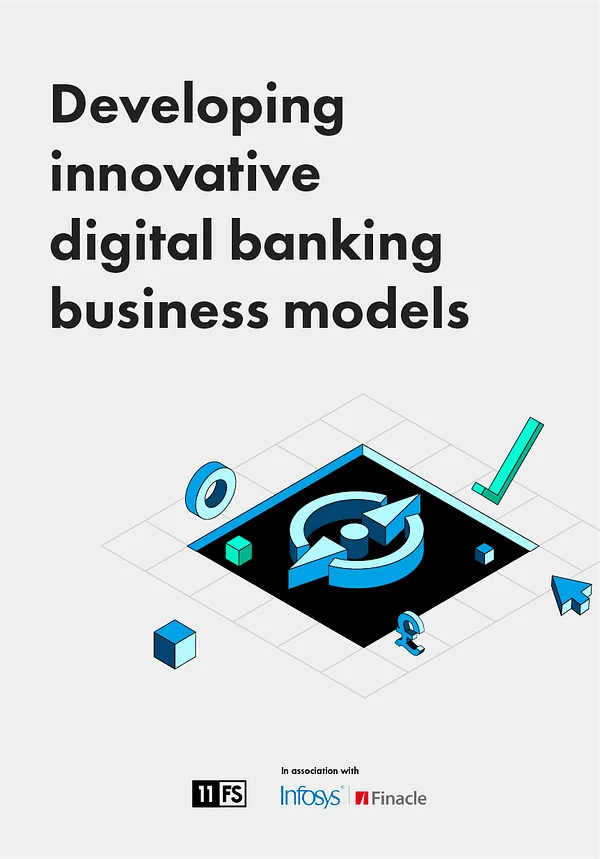One of the dirty secrets of the fintech and banking community is that everyone thinks that everyone else understands how it all works and that they’re the only one who doesn’t really get it.
But the reality is, if they’re lucky, people sort of understand the part of the system they work in. Enough to get by. But there’s a real lack of smarts when it comes to the wider space. In effect, everything else seems like a complex mishmash of legal regulations, deep technical systems and highly specialised products.
No one actually wants to admit that they don’t get how it works. It’s like we’re all suffering from group imposter syndrome.
The irony is that no one really understands how every part of the system works. But that doesn’t matter.
The irony is that no one really understands how every part of the system works. But that doesn’t matter.
At its core, banking is pretty simple.
It’s about three things:
- Storing money
- Moving money
- Lending money
Everything else is just a variation on those three things.
It’s very easy to fixate on the differences between BNPL and credit cards or between retail, SME and child accounts or different types of payment rails, etc. But the reality is that almost all of these differences are much closer to the surface than most people imagine.
Look at all the different banks that have been created in the past decade. The array of different functionalities and capabilities is bewildering. But at the end of the day, a bank account is just a simple store of value - never mind how it’s presented to the customer.
It keeps track of credits and debits. Money in and money out. The bits that differentiate a retail account from a business account or challenger bank proposition are really just a combination of rewards, fees and other charges. With a sprinkling of different branding and different mechanisms (payment rails) to actually move money into and out of the account.
Sure, there is nuance and detail in the fine print. But at their core, all bank accounts are the same thing.
Storing money and moving money.
If you want an overdraft then you’re doing the lending money piece.
BNPL, credit cards, mortgages, whatever. It’s just storing money, moving money, lending money.
We’re seeing an explosion in new propositions and the market seems to be moving at ever-increasing speed. While it’s moving faster, it’s just building on three timeless principles - storing money, moving money and lending money.
Combine these three capabilities and you can come up with an infinite variety of products, systems and infrastructure. But the finance system is just about three things.
Combine these three capabilities and you can come up with an infinite variety of products, systems and infrastructure. But the finance system is just about three things.
If you want to understand how fintech and banking really works then you need to understand those principles first. After all, these fundamentals are the bedrock of an entire industry. In such a crowded space, sometimes the difference between success and failure comes down to the margins. But you need to do everything in your control to put yourself and your business in the driving seat. Understanding those principles is the place to start.
And if you want to understand those principles, watch Decoding: Banks. We explore what money really is, how the financial system came to be and how the landscape is evolving.





.svg)
.svg)






